What Pittsburgh Homeowners Need to Know About Step Cracking In Their Home
If you’re a homeowner in the Pittsburgh area, you’re likely familiar with the quirks and charms of owning property in this historic and geographically diverse region. From stunning views of the Allegheny and Monongahela rivers to the unique architecture dotting the city, Pittsburgh homes have a lot to offer. However, they also face a range of challenges, particularly when it comes to maintaining the integrity of their structures. One issue that often catches homeowners by surprise is step cracking in masonry and brickwork. But what exactly is step cracking, and why should Pittsburgh residents be especially vigilant about it?
What Is Step Cracking?
Step cracking is a type of structural damage that appears in masonry or brick walls. It manifests as a series of horizontal and vertical cracks that resemble steps. This pattern typically follows the mortar joints between bricks or blocks, creating a zigzag pattern. While some cracks in a home are purely aesthetic concerns, step cracking can signal deeper structural issues, particularly when they widen over time or appear alongside other signs of distress in a building.
Causes of Step Cracking
Several factors can lead to step cracking, but in the Pittsburgh area, the most common causes include:
- Soil movement: Pittsburgh’s varied topography and weather can lead to soil expansion and contraction beneath foundations, putting pressure on walls.
- Temperature fluctuations: The region’s distinct seasons and temperature shifts can cause materials to expand and contract, leading to cracks.
- Water infiltration: Pittsburgh’s notable rainfall can lead to water seeping into walls, freezing, and causing cracks as it expands.
- Aging structures: Many of Pittsburgh’s homes are historical and may experience natural settling and aging, which can contribute to step cracking.
How Step Cracking Affects Your Home
Step cracking isn’t just an eyesore; it can have significant implications for your home:
- Water Damage: Cracks can allow water to infiltrate, leading to mold, mildew, and structural rot.
- Structural Integrity: Over time, unchecked step cracking can undermine the structural integrity of walls, leading to more serious issues.
- Insulation Problems: Cracks can lead to drafts and increased energy bills by compromising the insulation of your home.
- Resale Value: Visible structural damage can deter potential buyers and affect the resale value of your home.
Addressing Step Cracking
If you notice step cracking in your Pittsburgh home, it’s important to address it promptly:
- Inspection: Have a professional inspect the cracks to determine their severity and underlying cause.
- Repair: Depending on the cause, repairs may range from simple repointing of mortar to more extensive structural interventions.
- Prevention: Consider preventative measures such as improving drainage around your home, installing foundation supports, or addressing any identified issues contributing to soil movement.
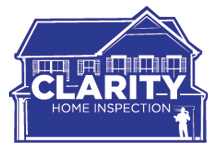


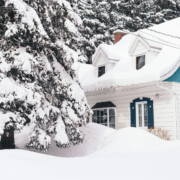
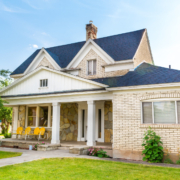
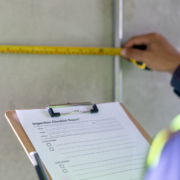
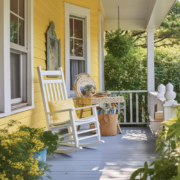

Leave a Reply
Want to join the discussion?Feel free to contribute!